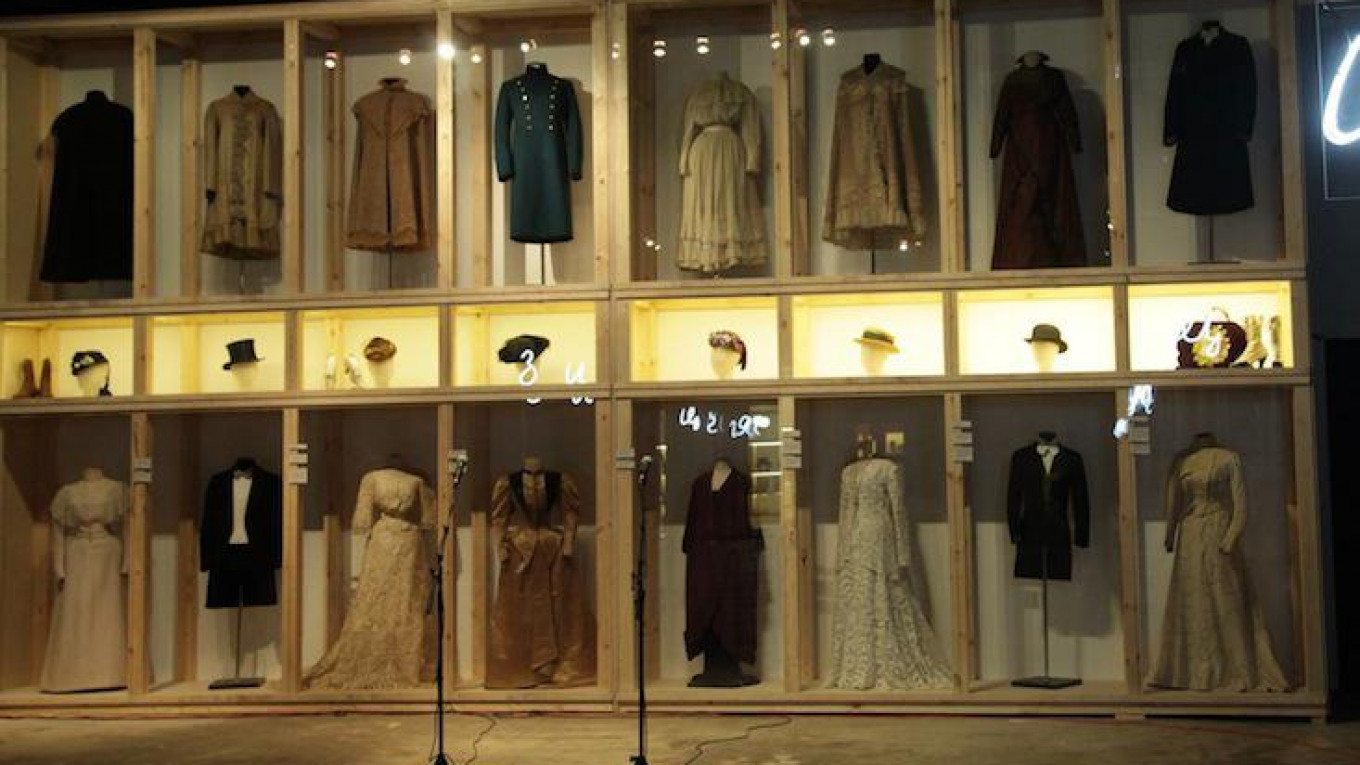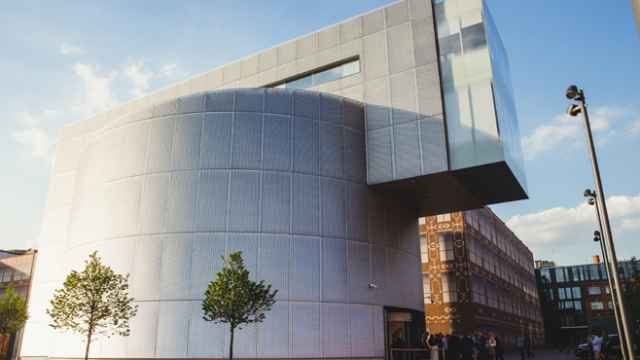The Museum of Moscow celebrates its 120th anniversary this year. In lieu of a party, Muscovites of all ages are invited to a jubilee exhibition which gathers together over 2,000 of the institution’s most significant objects, paintings and archaeological finds — many of which have never been exhibited to the public before.
The sprawling project, entitled “The Alphabet of the Museum,” is as fitting a testament to the scale and diversity of the museum’s collection as it is to the city of Moscow itself. The institution has certainly experienced a lot of changes in its history — from its name to its location, and even the type of exhibits it shows. One of the oldest museums in the city, the Museum of Moscow started life as a collection established by the initiative of the Russian scientific community in 1896. After several reincarnations, a brief stint housed in the city’s Sukharev Tower and a rebrand, the Museum finally settled with its current name in 1987.
“The Museum of Moscow’s collection is an encyclopedia of the social, cultural, architectural and management structure of the city from its ancient roots to the present day,” Alina Saprykina, director of the museum, told The Moscow Times.
When considering how to mark their 120th jubilee, the curators were struck with an obvious conundrum: how do you consolidate over a century of history into one exhibition? “We found a way that was not chronological, but artistic. With the help of 33 words — from Archaeology to Einem [the founder of what would become the Krasny Oktyabr chocolate factory] we could represent Moscow and the museum dedicated to it,” said Saprykina.
The large central exhibition hall is divided into sections according to letters of the alphabet. Each letter represents a theme connected to the city, its infrastructure and its history. Rather than being arranged in chronological order, letters are mixed haphazardly — but all for good reason. The many items on display and their layout reflect the energy of the bustling, dynamic city while the lack of a set path through the space encourages visitors to move fluidly between exhibits, creating their very own “alphabet of the city.”
This freedom encourages you to get lost in the collection.
From a 1935 painting of Red Square by Boris Rybchenkov to a fascinating section showcasing maps of Moscow from different eras, you’re drawn deeper into the life of the metropolis. With certain sections the connection to the city is immediately apparent. “M” for metro includes Soviet-era posters advertising the efficiency of transport to the proletariat and paraphernalia from the time of its construction. Other sections are a little more tangential: for instance the “dandy” and “tea” areas, which feature 19th century clothing and old-fashioned tin tea boxes respectively.
The overriding feeling you have walking through the exhibition is one of being on the site of some kind of excavation. The wide open shelves and the sheer number of exhibits perpetuate the notion you’ve been invited to a rare opening of the museum’s deepest vaults.
It’s a pleasing mishmash where the everyday and the extraordinary are shown side by side: school books from the Soviet-era jostle with decades-old historical photographs for your attention. A section about Ulitsa Ostozhenka is offset by an attractive full-scale vintage car.
It's an apt reflection of the polyphony of voices and people who have made the city what it is today and a fitting tribute to 120 years of the city and its inhabitants.
Museum of Moscow
mosmuseum.ru
2 Zubovsky Bulvar
Metro Park Kultury
Through Nov. 13
A Message from The Moscow Times:
Dear readers,
We are facing unprecedented challenges. Russia's Prosecutor General's Office has designated The Moscow Times as an "undesirable" organization, criminalizing our work and putting our staff at risk of prosecution. This follows our earlier unjust labeling as a "foreign agent."
These actions are direct attempts to silence independent journalism in Russia. The authorities claim our work "discredits the decisions of the Russian leadership." We see things differently: we strive to provide accurate, unbiased reporting on Russia.
We, the journalists of The Moscow Times, refuse to be silenced. But to continue our work, we need your help.
Your support, no matter how small, makes a world of difference. If you can, please support us monthly starting from just $2. It's quick to set up, and every contribution makes a significant impact.
By supporting The Moscow Times, you're defending open, independent journalism in the face of repression. Thank you for standing with us.
Remind me later.






